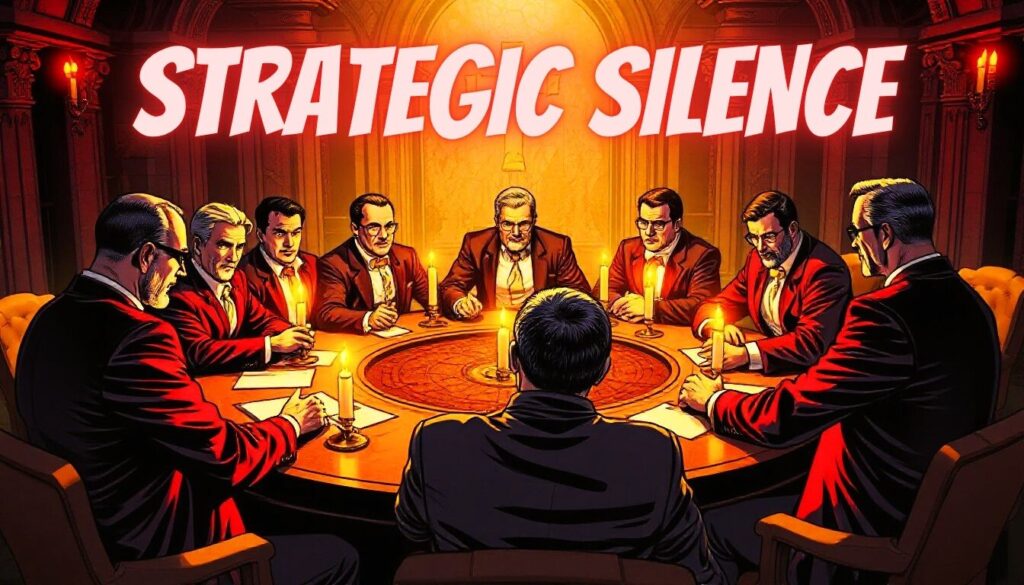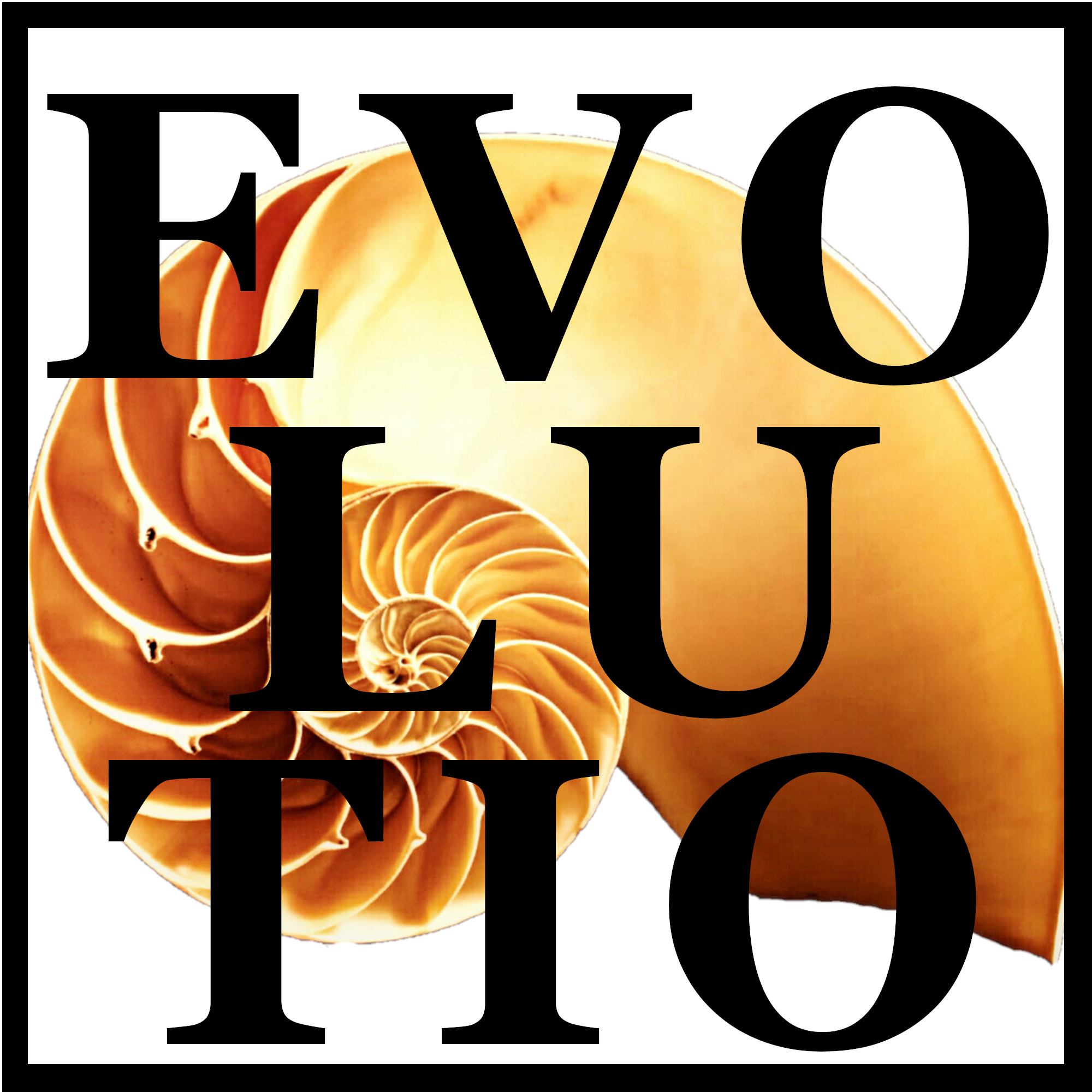
Strategic Silence: How Original Thinkers Are Erased in the Network Age
When truth isn’t denied, but ignored—how erasure and idea laundering became the weapons of choice in the age of platform power.

We live in a time of unprecedented visibility. Ideas circulate at lightning speed. Platforms abound. Voices echo endlessly in digital corridors.
The promise is that if you create something meaningful, it will find its way to those who need it.
But that promise is a mirage.
Because in the Network Age, recognition is no longer about value.
It’s about position—who’s connected, who’s in the room, who knows who.
Erasure No Longer Looks Like Censorship
We like to imagine that erasure belongs to the past—that censorship was the blunt tool of authoritarian regimes, not a feature of modern intellectual life.
But today’s erasure doesn’t burn books or ban speech.
It operates through something quieter—and more strategic.
Not deletion.
Omission.
The New Architecture of Erasure
We are witnessing a slow-motion theft of ideas.
Not the crude kind of copy-paste plagiarism, but a subtler mechanism: conceptual appropriation.
Terms are borrowed.
Metaphors are reused.
The spirit of an idea is lifted and repackaged—often by those with better access to platforms, funding, or networks of influence.
And the original thinkers?
They’re left in the shadows—uninvited to the panels, unheard on the podcasts, uncited in the papers.
This isn’t accidental.
It’s structural.
Not a Question of Merit—A Question of Affiliation
It happens not because their ideas lack value, but because they lack affiliation.
Because they challenge norms.
Because they reside outside the approved institutions.
Because they’re inconvenient, unknown, or unaffiliated with the right circles.
In this environment, citation becomes strategic, not epistemic.
Who Gets to Tell the Story of Ideas?
We’ve entered a performative age of knowledge.
Affiliation trumps originality.
And the loudest voice—not the first—writes the history.
Platforms that promised democratization now act as gatekeepers, amplifying those who already hold influence.
Think tanks, media outlets, and influencer networks recycle ideas born in obscurity—now attached to new names, new brands, and new ideological frames.
The result?
A historical distortion.
Not because the truth is lost, but because it’s inconvenient.
Recognition isn’t withheld out of ignorance.
It’s denied to preserve the illusion that innovation comes from within elite, connected spaces.
In this world, the lineage of thought is not preserved—it’s rewritten.
This Is Not About Bitterness. It’s About Justice.
It would be easy to dismiss this critique as grievance or ego.
But the stakes are epistemic.
This is not about nostalgia for credit.
It’s about protecting the ecology of thought.
Every time a thinker is erased through silence, a lineage is broken.
A context is lost.
A deeper insight is fragmented.
And when that happens enough times, we are left not with innovation—but with simulation.
Let’s Break the Echo Chamber
We need to stop confusing:
- visibility with fairness,
- amplification with authenticity,
- reach with recognition.
We need to stop letting those best positioned to speak be the only ones remembered for having spoken.
Because if the record is public, but the silence is strategic, then our task is not just to speak—but to interrupt the narrative.
To name what is happening.
To remember who thought what first.
To protect the ecology of ideas from the distortion of power.
Memory as Resistance
This is a call not just to original thinkers—but to those who care about intellectual honesty.
💡 Support Independent Thinking
If this resonated with you, consider supporting EVOLUTIO—a space for original thought, conceptual justice, and intellectual integrity.
👉 Join us on Patreon and help amplify ideas that challenge the algorithm.
Your support makes it possible to speak outside the echo chamber.
